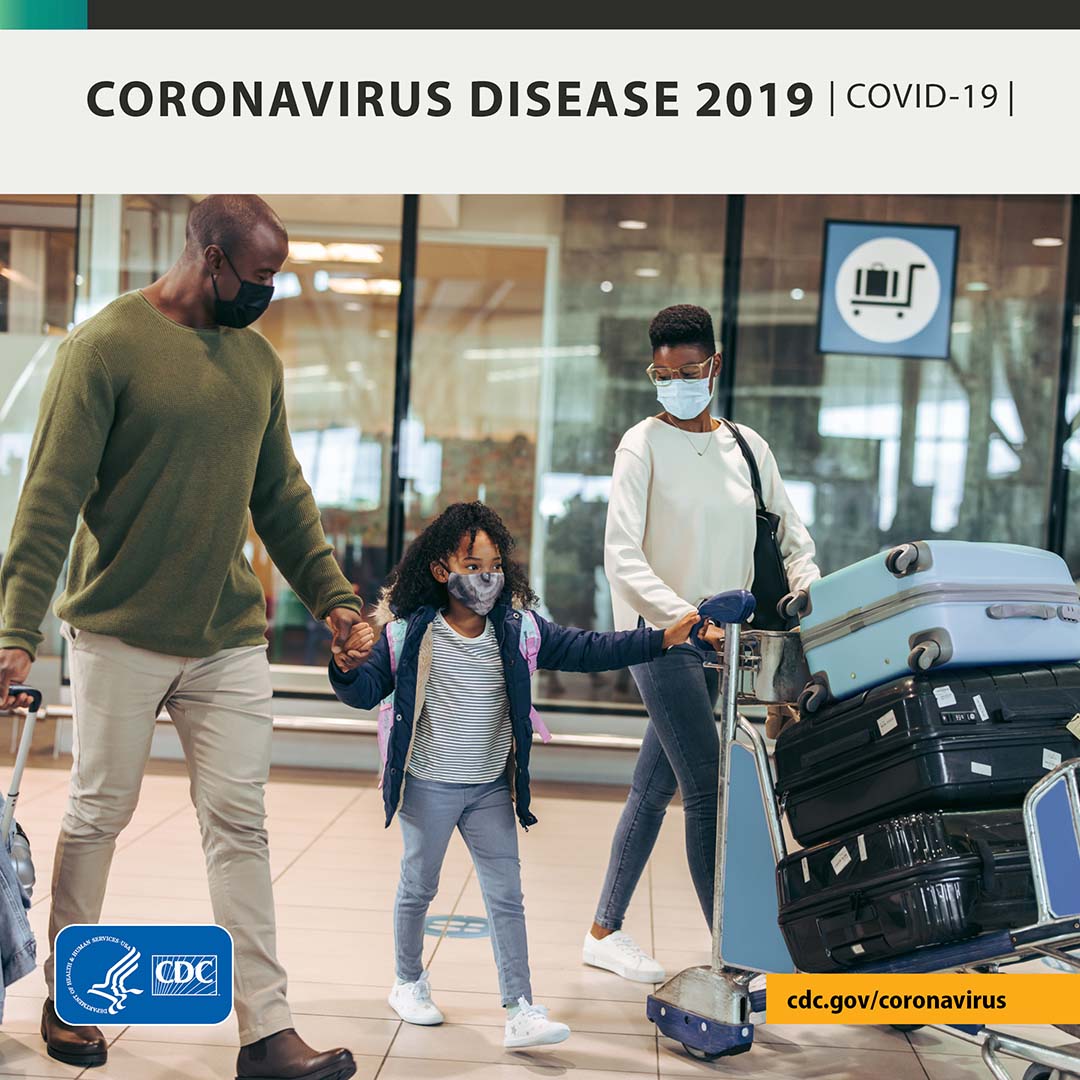- Time of past OR future Camino
- First one in 1977 by train. Many since then by foot. Next one ASAP.
On 1 August I tested positive for COVID-19. I self-isolated for three weeks +. On 27 August I revisited my doctor, tested negative, and secured from him a signed and dated letter, on official letterhead, stating that I'd tested negative, and was "currently cleared to end isolation and therefore can travel."
When I fly back to the USA on 2 October I will be able to present that letter, plus a paper printout of my original positive test results.
Will that be enough to spare me from the inconvenient task of getting a negative COVID-19 test in Spain w/in 72 hours of flight departure? Has anyone successfully relied upon such "Documents of Recovery" to re-enter the USA?
When I fly back to the USA on 2 October I will be able to present that letter, plus a paper printout of my original positive test results.
Will that be enough to spare me from the inconvenient task of getting a negative COVID-19 test in Spain w/in 72 hours of flight departure? Has anyone successfully relied upon such "Documents of Recovery" to re-enter the USA?
Last edited:















